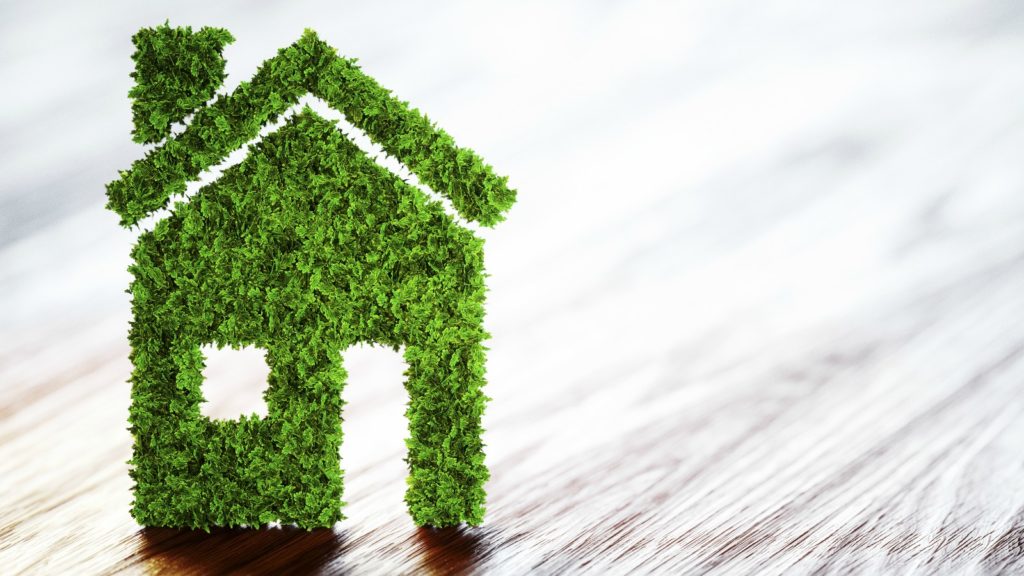
2020 Fusion product manager Jim Smalley says the bathroom and kitchen industry needs to take steps towards more sustainable design
With the recent Extinction Rebellion climate change protests in London and the school strikes, where 1.5 million students and children took to the streets, the issue of what is happening to our planet is now, at last, gathering political momentum.
In order to mitigate the damage already done and prevent more, we need to consider our working practices, supporting suppliers that have adopted a sustainable approach, as well as responsibly removing and installing kitchens and bathrooms.
Sponsored Video
The good news is that all the way up the supply chain there have been eco-improvements, from the manufacture of cabinetry using sustainably sourced materials, to the reduction in packaging and the control of emissions in delivery vehicles.
Plus, the design of products has improved, with the energy efficiency of appliances being regulated and a large number of sanitary and brassware engineered to use less water.
[Read the views of kitchens and bathroom professionals on sustainability, as part of our Twitter chat #KBNConvo]
Eco options
That means there are a range of sustainable options designers can take. Sourcing kitchens from manufacturers with good eco-credentials, choosing appliances with top energy ratings, specifying LED lighting and water efficient taps, showers, baths and toilets are all ways to ensure your designs are eco-friendly.
Embracing the connected home revolution is another eco-friendly option, enabling appliances to run at the height of their efficiency. Run times are reduced, optimum temperatures are maintained and less power and water are consumed.
Other considerations are the responsible disposal of the old kitchen or bathroom units, worktops, tiles, flooring, appliances, pipes, wiring etc upcycling or recycling as much of the material as possible. And, ensuring all packaging is recycled reduces the amount of waste going to landfill or ending up polluting the environment.
Change is not going to happen overnight but we can all do our bit which, collectively, will make a difference.
PEER Point
“Everyone is aware of the momentum behind the efforts to act on climate change, and in our industry, we are no less responsible to do our part.
“As a business, Raycross Interiors offers a comprehensive project managed service, so we are able to offer – without extra cost to the customer – the ability to be responsible for waste management in installations, and also packaging, which are two of the greatest areas where waste materials are generated in a project.
“We also only partner with manufacturers who show a demonstrated desire to be responsible in both manufacture of the cabinetry, and transport. While we do offer from manufacturers in Europe, we also always have one British manufacturer on board to provide a lower logistical carbon footprint.
“I believe that both as a business, and as individual designers, we can always make little changes to the way we work, which can make a big difference to the planet.”
Oscar Morrell, Raycross Interiors
2019 Winner, Decorative Cloud category, 2020 Fusion Inspiration Awards



